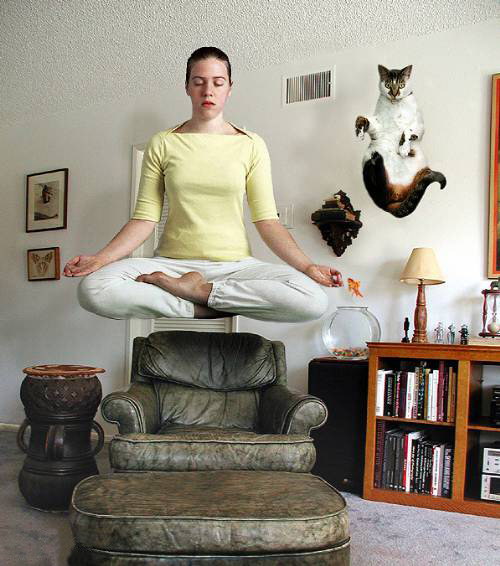
During PET scans, my cells gobble up an injected glucose tracer (much like I gobbled up three pieces of blueberry pie in one sitting for breakfast last week.) So if my cancer cells are thriving on sugar, does that mean eating sugar will encourage cancer growth?
No. Our body chemistry isn’t that simple. I’m bombarded by over the top and overly simplistic web comments and articles about cancer and sugar, written by folks who range from fad diet elites to total wacky freaks. And that’s not who I trust for medical information.
Diana Ulman, founder of The Ulman Cancer Fund for Young Adults, recently told me about Rachel Beller. She isn’t just another gal swept up by healthy eating who hung a nutrition shingle on her door. She is a Registered Dietitian with a master’s degree and clinical experience, who makes recommendations based on evidence based scientific research – the kinda info that makes it into peer-reviewed journals.
Surfing her website, I found her article on cancer and sugar. Here’s a great quote: “Sugar doesn’t just feed cancer cells; rather, sugar feeds ALL the cells of the body, including cancer cells. The body needs sugar to function, and if sugar is cut out of the diet, the body will then produce sugar from other sources of dietary intake, including proteins and fats. So cutting out sugar won’t really help. Cutting down may not be a bad idea because when one eats a lot of sugar, it causes the body to produce more insulin. Insulin promotes cellular growth, including cancer cellular growth. While insulin is necessary for normal healthy cells, too much of it can have undesirable effects, including increased cancer cell growth.”
Rachel suggests moderation (not so trendy, but very wise): Increasing protein, fiber, and good fat helps the body produce less insulin while giving you good nutrition. Eating sugar with a protein, fiber, and good fat helps your body process sugar in a healthier way. Natural sugar is better for you, and she advises ditching soda and limiting candy and sweet treats. Sounds pretty reasonable to me.
Here’s my sugar regimen: No to pop, high fructose corn syrup, and packaged baked goods. Yes to jumbo bags of Reese’s Pieces a couple times a year at the movies, and baking Martha Stewart and my mom’s recipes for cakes, pies, cobblers, and tarts - I cut the sugar in half or even less and it tastes better!
Have you ever been freaked out that sugar is going to cause your cancer to grow? Have you ever ditched sugar? Do you feel better when you don’t eat it?
![]()
![]()


 “Everything Changes is, without doubt, the most forthright, emotionally sophisticated, and plain-old valuable book of its kind I've seen.”
“Everything Changes is, without doubt, the most forthright, emotionally sophisticated, and plain-old valuable book of its kind I've seen.”












